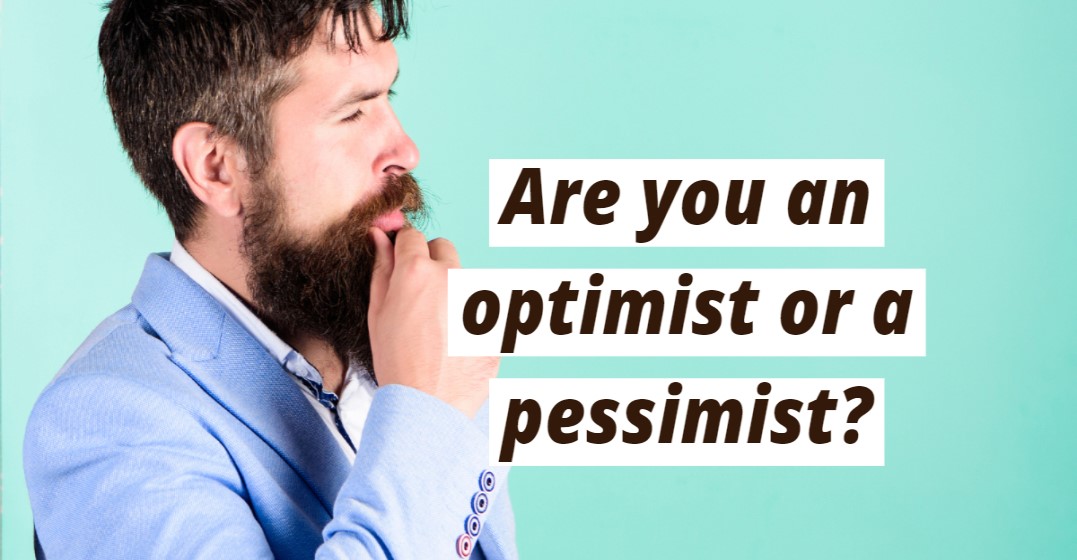How can you be more optimistic and positive in English?

Use will to talk about hopes and dreams
In English, the word will gives optimism and hope. We use it in combination with other verbs to talk about something we hope can happen in the future. The structure is personal pronoun + will + another verb. It is also very common for English speakers to use I’ll, you’ll, he’ll, she’ll and we’ll instead of I will, you will, he will, she will or we will. Here are some examples:- One day, I will speak English just like you!
- We will visit Paris together one day.
- You will get that job interview! I know it!
- You’ll finish that project in no time. You’ll see!
- I’m almost sure that I’ll get the job.
- She’ll arrive safely, I know it.
- Everything will be fine.
Use the imperative to support a friend
You can learn some common expressions in English that don’t use the word will, but still be optimistic and helpful. Many of them are in the Imperative form, which we use to either give orders or advice! For example, you can comfort your friends when they have a problem by telling them:- Don’t be scared, everything will be alright.
- Don’t worry about it! I’m here with you!
- Stay strong. We can go through this together.
- Believe in yourself! You are stronger than you think.
- Go for it. You’ll never know if you never try!
- Don’t give up. You can do this!
- Follow your dreams. You can’t just sit around and do nothing!
Replace negative keywords with positive ones
As humans, we have some amazing days and some cloudy days. Our optimism is sometimes stronger and other times weaker, and that is okay! However, there seems to be a pattern in the way people talk that tells us if they are optimistic or pessimistic. Pessimistic people use darker, negative words and adjectives much more often. Optimistic people use words that are inspiring, uplifting and hopeful. The difference is in the choice of words! For example:
Pessimistic people |
Optimistic people |
|
They use the word “never” or “always” a lot, and it is usually to say something negative. |
They use more balanced words like “sometimes”, “often”, “some” and try not to generalise too much. |
|
They use the word “impossible” or “not possible” a lot. They often say they “can’t” do things. They use words that put an end to dreams and possibilities immediately. |
Optimistic people like to believe everything is possible. However, when they have doubts, they don’t use the word “impossible” very often. They prefer more balanced terms like “unlikely”, “not likely”, “not probable”, “improbable”, “doubtful”, etc. These words still leave possibilities open! |
|
They use the word “should” a lot to express regret and blame for things they cannot change anymore. |
They use words of possibilities and opportunity, such as “can”, “may” or “might”. |
| They tend to downplay positive things, using boring words like “fine”, “good”. On the other hand, they exaggerate the negative things. Nothing is just “bad”: it is “horrible”, “disastrous”, a “catastrophe”! |
They do the exact opposite. While they also use negative adjectives, they tend to be very expressive when giving positive opinions and use colourful adjectives. See step number 4 below! |
Get creative with your adjectives!
We can all say that something is “good”, “great” or “beautiful”. But after a while, it gets a little boring. Truly optimistic, positive people use colourful adjectives that bring the beauty out of anything they see! Next time you feel like saying something is just “good”, try to use one of these positive adjectives to be more expressive. For example, you can say something or someone is...- wonderful
- delightful
- spectacular
- stunning
- fabulous
- brilliant
- heavenly
- phenomenal
- Incredible













